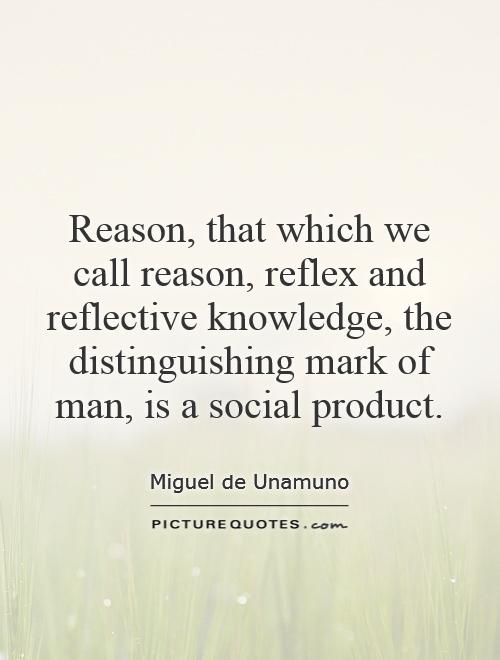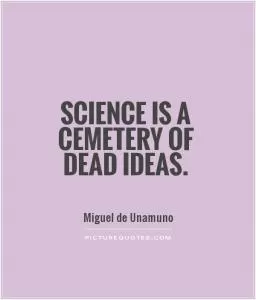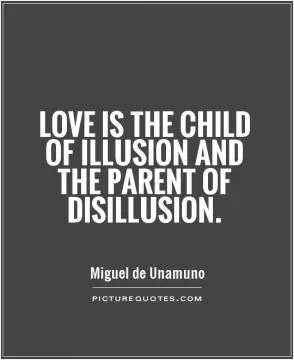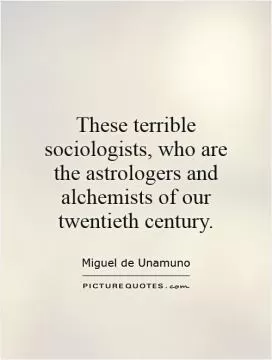Reason, that which we call reason, reflex and reflective knowledge, the distinguishing mark of man, is a social product

Reason, that which we call reason, reflex and reflective knowledge, the distinguishing mark of man, is a social product
Miguel de Unamuno, a Spanish philosopher and writer, believed that reason is not an innate quality of human beings, but rather a social construct that is developed through interaction with others. In his work, Unamuno argued that reason, or the ability to think critically and reflect on one's own thoughts, is a product of society and culture.Unamuno believed that reason is not something that is inherent in all human beings, but rather something that is learned and developed through social interactions. He argued that reason is a product of the collective knowledge and experiences of a society, and that individuals acquire reason through their interactions with others. In this sense, reason is a social product that is shaped by the values, beliefs, and norms of a particular culture.
Unamuno also believed that reason is a distinguishing mark of humanity, setting us apart from other animals. He argued that reason allows us to reflect on our own thoughts and actions, and to make decisions based on rationality rather than instinct. Reason, according to Unamuno, is what makes us truly human, and it is through reason that we are able to understand the world around us and make sense of our place in it.
Unamuno's ideas about reason have important implications for our understanding of human nature and society. If reason is indeed a social product, then it follows that our ability to think critically and reflect on our own thoughts is shaped by the society in which we live. This means that reason is not a universal quality that is present in all human beings, but rather something that is developed and nurtured within a particular cultural context.












 Friendship Quotes
Friendship Quotes Love Quotes
Love Quotes Life Quotes
Life Quotes Funny Quotes
Funny Quotes Motivational Quotes
Motivational Quotes Inspirational Quotes
Inspirational Quotes